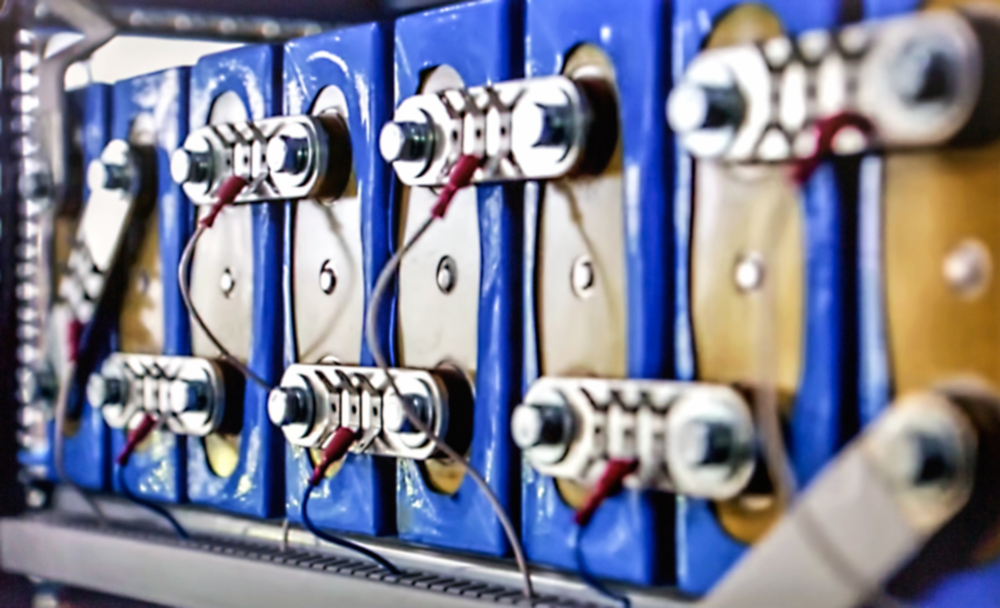France’s Saft targets new generation battery production from 2020

PARIS, Sept 12 (Reuters) – France’s Saft, a unit of energy company Total, expects its four-way European battery alliance to begin mass production of new generation lithium-ion batteries from early 2020.
Saft, Siemens, Solvay and Manz teamed up in February to develop high-density liquid electrolyte lithium-ion and solid-state batteries in a race against mostly Asian players.
“The performance levels we are targeting are very much better than what we have today. We are looking at performance levels that are 50 percent better in terms of energy density,” Jean-Baptiste Pernot, Saft’s director of operations, told Reuters.
We are looking at performance levels that are 50 percent better in terms of energy density.”
In the first half of 2020, the alliance aims to launch mass production of third-generation liquid electrolyte lithium-ion batteries, Pernot said.
In 2022, it aims to roll out what he called a generation 3B liquid electrolyte lithium-ion battery before offering a solid-state lithium-ion battery in 2024.
Pernot dismissed doubts about the alliance raised by sector analysts, telling Reuters the four-company agreement was on track and confirming Saft plans to invest 200-300 million euros ($232-347 million) in research and devel1opment.
Pernot said fourth generation batteries would offer gains in safety and design constraints which have had a impact on costs, particularly for electric vehicles. Most electric vehicles currently use liquid electrolyte lithium-ion batteries.
Place in the market
The battery market is currently dominated by Asian players including China’s BYD and CATL, and South Korea’s Samsung SDI and LG Chem, which are all looking to launch production in Europe.
Sweden’s Northvolt, headed by a former Tesla executive, aims to build Europe’s biggest lithium-ion battery factory, producing 32 gigawatt hours (GWh) of battery cells a year by 2023.
“The European battery market by 2025 will be in the range of 150 gigawatt hours (GWh) to 200 GWh – and probably twice as much in 2030 – while the largest plant in the world today is around 20 GWh. That means there is room for several actors,” Pernot said.
The largest plant in the world today is around 20 GWh.
The European car battery value chain is expected to be worth as much as 250 billion euros by 2025, market analysts estimate.
“For a player to be competitive in the mass market for electric vehicles, it will need factories greater than 10 GWh in size,” Pernot said.
Pernot said Saft’s third generation batteries would offer a first step into the auto sector and the company was already in talks with some automakers and other end-users to understand future needs. He declined to give details.
“Automakers are currently thinking about models that will come out around 2022-2023, so it is still the right time.”
“Automakers are currently thinking about models that will come out around 2022-2023.”
Pernot said the backing of Total, which acquired Saft in 2016 for around $1 billion, would allow the firm to invest.
“The amount of investment to become a battery champion by 2030 is in the billions of euros, and closer to the tens of billions,” he said. ($1 = 0.8627 euros)
(By Bate Felix, Benjamin Mallet and Gilles Guillaume; Reporting by Bate Felix; Editing by Jason Neely)
{{ commodity.name }}
{{ post.title }}
{{ post.date }}




Comments